Líderes da CARICOM pedem resolução pacífica e reforçam apoio à Guiana no litígio do Essequibo
After 49th Heads of Government Conference, Caribbean leaders urge Venezuela to respect International Court process
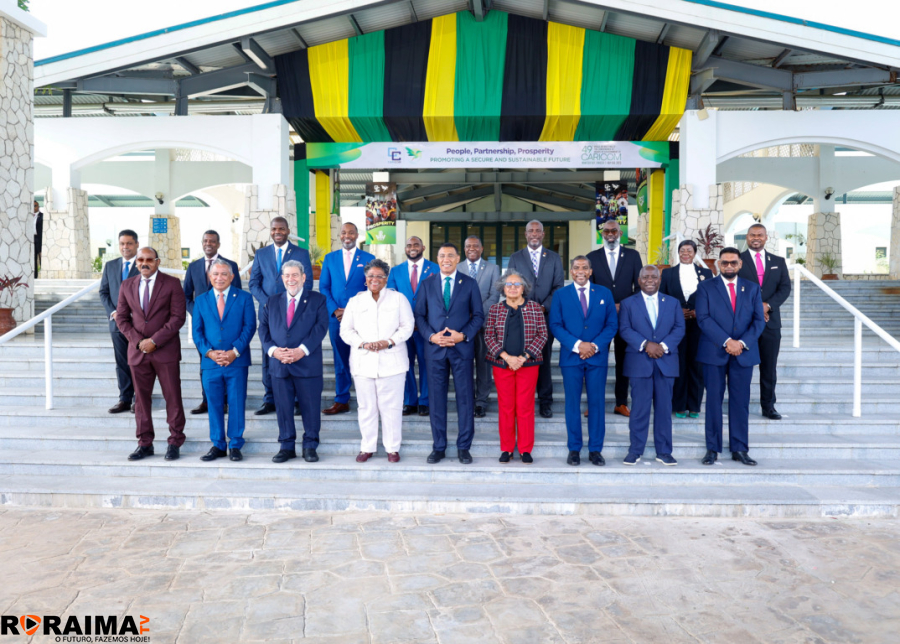 Foto de líderes na 49ª Reunião Ordinária da Conferência de Chefes de Governo da Caricom (Foto: Caricom)
Foto de líderes na 49ª Reunião Ordinária da Conferência de Chefes de Governo da Caricom (Foto: Caricom) On Friday, July 11, 2025, the Caribbean Community (CARICOM) issued a joint statement following its 49th Heads of Government Conference in Montego Bay, Jamaica, reaffirming full support for Guyana and a peaceful resolution to the ongoing territorial dispute with Venezuela over the Essequibo region — a territory representing approximately 74% of Guyana’s landmass.
CARICOM leaders made clear that “no election was held by Venezuela” in the Essequibo region, referring to the controversial May 25 vote promoted by the Maduro regime to install a governor and regional assembly — a move directly prohibited by the International Court of Justice (ICJ).
The bloc urged Venezuela to submit its written rejoinder to the ICJ by August 11, 2025, in accordance with the court’s scheduling order, and stressed that the dispute must be settled within the boundaries of international law.
CARICOM’s statement offered “full support” for the ongoing judicial process and emphasized its commitment to respecting Guyana’s sovereignty and territorial integrity.
Presidente guianense Irfaan Ali e ditador venezuelano Nicolás Maduro (Foto: Instagram Irfaan Ali)
On May 25, only 32% of registered Venezuelan voters participated in the controversial election that named Admiral Neil Villamizar as the “governor” of Essequibo — though the election took place within Venezuelan borders, not in the disputed territory itself. Caracas claimed it had support from across the border, even releasing videos that allegedly showed Guyanese crossing to vote. Georgetown, however, denounced the videos as false and labeled the process a “failure.”
Tensions began escalating in 2023 when Nicolás Maduro held a national referendum, with approximately 51% voter turnout, to annex Essequibo. The move received strong regional and international condemnation, including from CARICOM, which reiterated the Caribbean’s status as a "Zone of Peace."
Since then, several provocations — including the unauthorized incursion of Venezuelan vessels into Guyanese waters in early 2025 — have led the ICJ to issue precautionary measures, barring either side from altering the status quo until a final ruling is made.
Brazil, which maintains a strategic border with both nations via the state of Roraima, has also responded cautiously by reinforcing its military presence in the region to prevent the spread of instability.
CARICOM’s latest statement illustrates the bloc’s growing diplomatic authority in regional conflicts, aligning itself with international legal norms while supporting one of its smallest and most vulnerable members, Guyana. With Essequibo believed to hold vast untapped oil reserves, the case has far-reaching geopolitical implications.
By reinforcing the ICJ process and calling for restraint, the Caribbean bloc highlights the power of multilateral diplomacy in the face of unilateral aggression. Meanwhile, Venezuela — under international pressure — must decide whether to comply with the ICJ’s framework or further isolate itself.
For Roraima TV, based at the crossroads of Brazil and the Guiana Shield, the situation underscores the importance of covering geopolitical developments that directly impact regional security and integration. As the August 11 deadline approaches, all eyes turn to Caracas.
Editorial Team – Roraima TV
Sources:
“CARICOM urges Venezuela to respect ICJ process,” Newsroom.gy, July 12, 2025
“CARICOM statement backs Guyana’s sovereignty,” Guyana Times, July 13, 2025
“ICJ blocks Venezuela's Essequibo vote,” Reuters, March 6, 2025




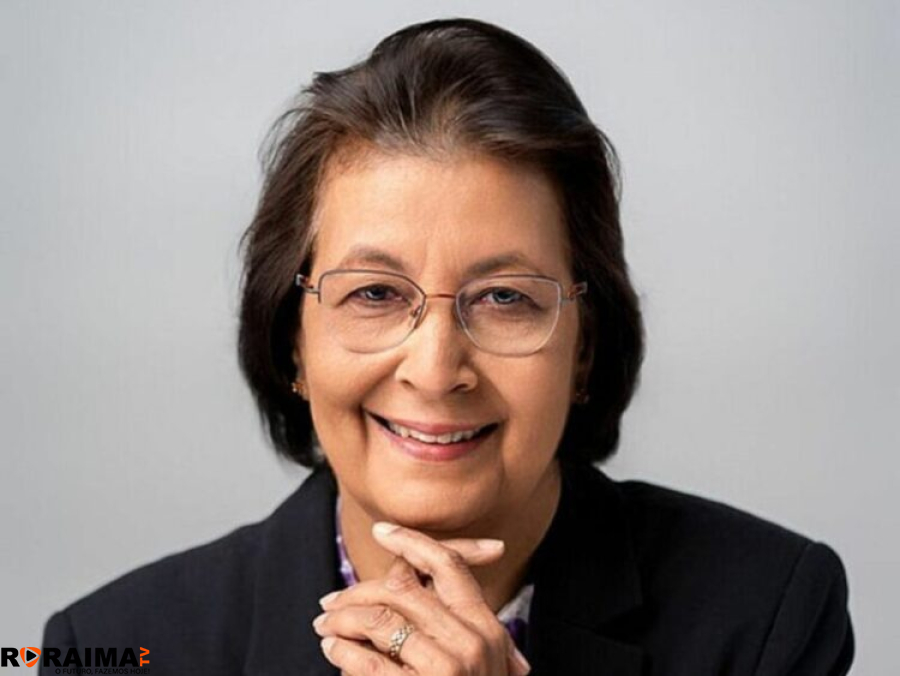
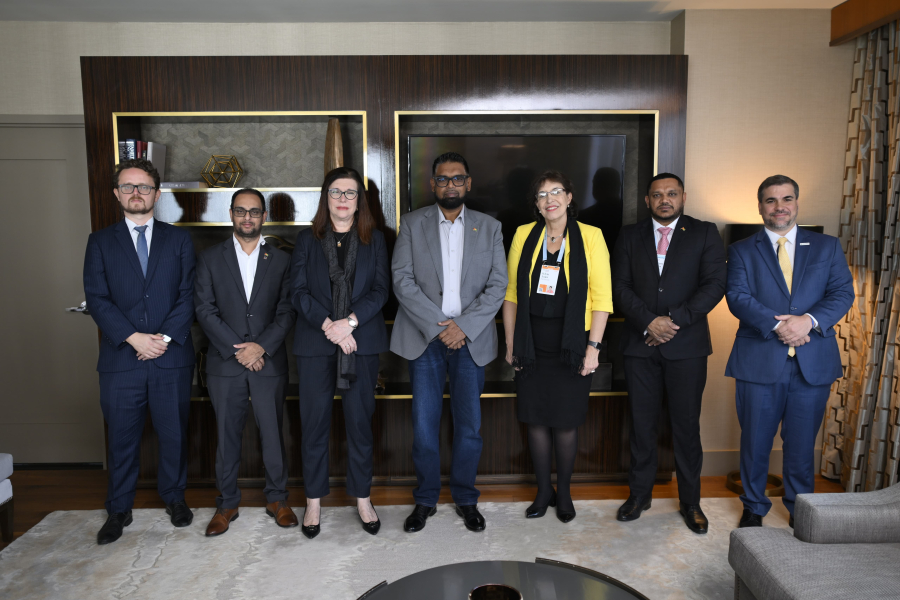

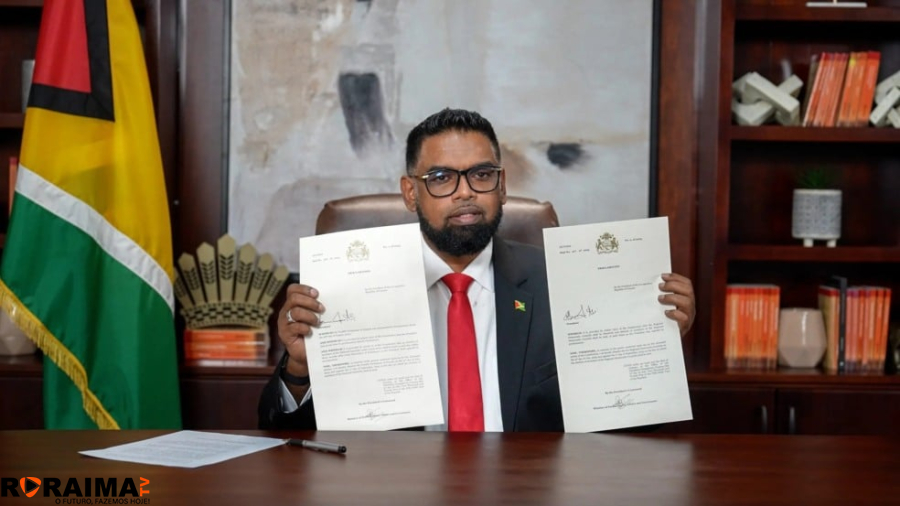
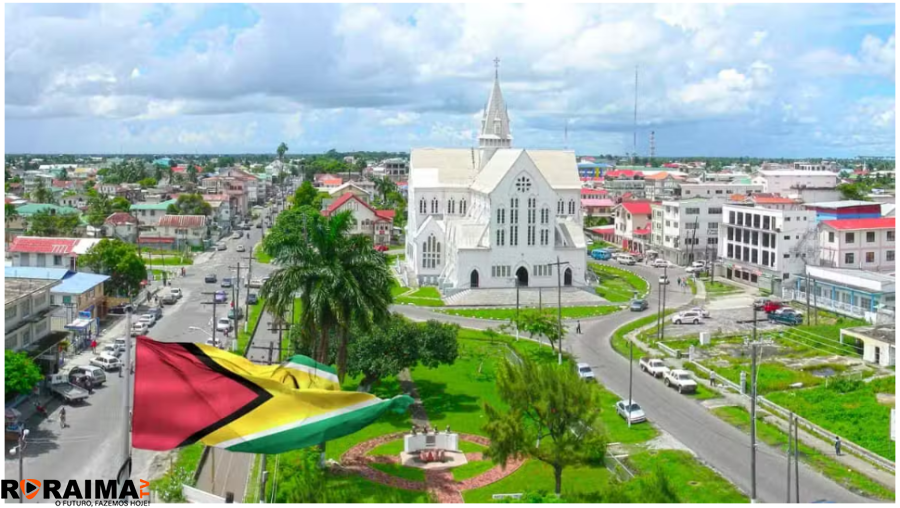
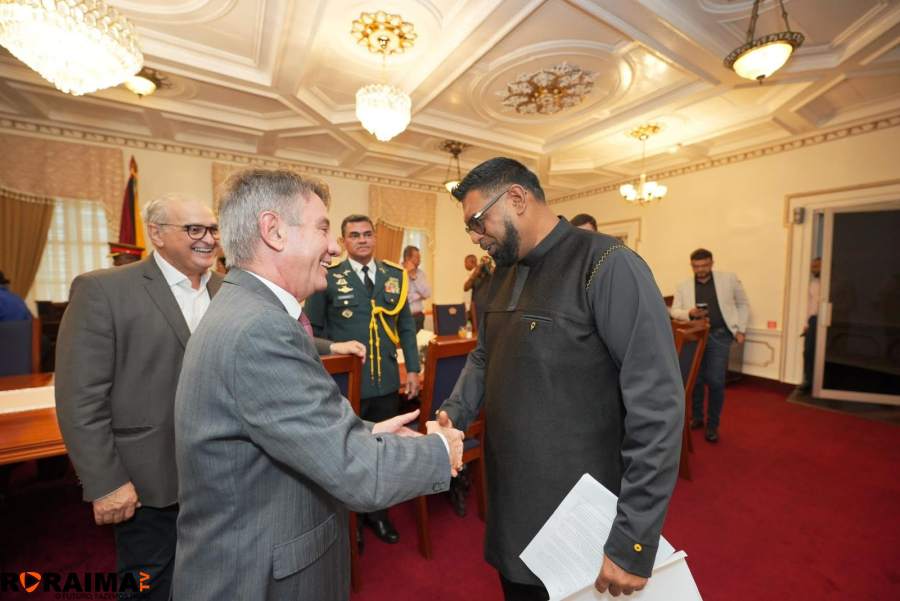
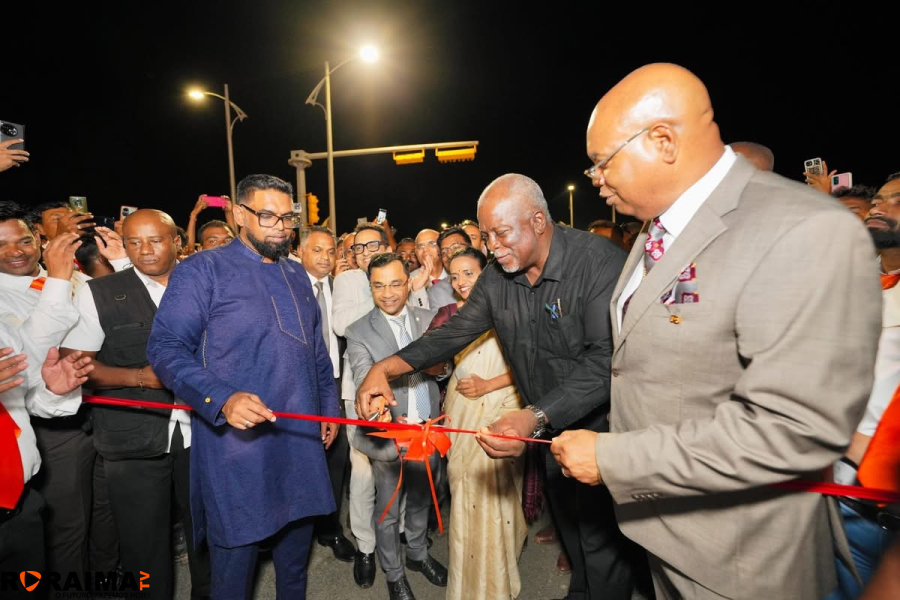








COMENTÁRIOS